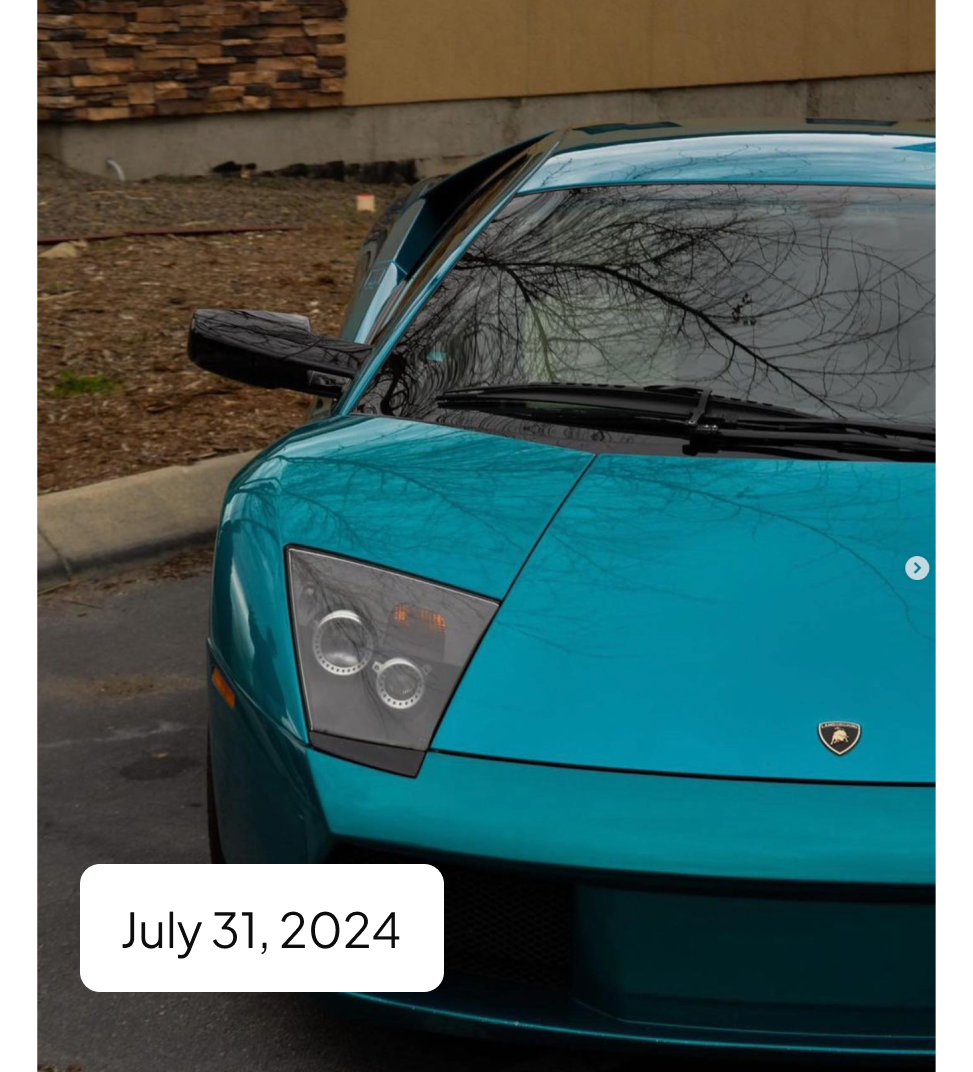
Top Trends in the Automotive Events Industry
Share
The automotive events industry is evolving rapidly, driven by technological advancements, shifting consumer preferences, and a renewed focus on sustainability. As we move through 2024, several key trends are shaping the way automotive events are planned and executed. Here’s a look at the top trends transforming the automotive events landscape:
1. Digital Integration and Virtual Experiences
The integration of digital technology into automotive events has become more pronounced. Virtual reality (VR) and augmented reality (AR) are providing immersive experiences, allowing attendees to interact with vehicles in innovative ways. Virtual events and hybrid formats are also on the rise, catering to a global audience who may not be able to attend in person. These digital experiences offer a dynamic way to showcase new models, features, and technologies, extending the reach and impact of automotive events.
2. Sustainability and Green Initiatives
Sustainability is no longer a niche concern but a central focus for automotive events. Organizers are implementing green practices, from using eco-friendly materials in event setups to reducing waste and energy consumption. The rise of electric vehicles (EVs) has also influenced event themes, with many events highlighting advancements in EV technology and promoting sustainable driving solutions. This trend reflects the broader automotive industry's shift towards greener practices.
3. Personalization and Customization
Attendees are seeking more personalized and customized experiences at automotive events. Event organizers are leveraging data and analytics to tailor content and interactions based on attendee preferences and behaviors. From personalized invitations to custom test drives and interactive booths, these bespoke elements enhance engagement and create memorable experiences for participants.
4. Interactive and Experiential Marketing
Gone are the days of passive product displays. Today’s automotive events are all about creating engaging and interactive experiences. Manufacturers are incorporating hands-on activities, such as test drives, simulator experiences, and interactive exhibits, to captivate attendees. This experiential approach not only showcases vehicles more effectively but also allows potential customers to experience the brand’s unique selling points firsthand.
5. Enhanced Networking Opportunities
Automotive events are increasingly focusing on facilitating meaningful networking opportunities. Dedicated networking sessions, digital matchmaking platforms, and interactive lounges are being integrated to help attendees connect with industry professionals, potential partners, and key decision-makers. These networking enhancements are crucial for fostering collaborations and business development within the automotive sector.
6. Focus on Safety and Health
In response to ongoing health concerns, automotive events are prioritizing safety and hygiene measures. From enhanced sanitation protocols to contactless registration and entry systems, organizers are implementing strategies to ensure a safe environment for all attendees. This focus on health not only addresses current concerns but also sets a standard for future events.
7. Integration of Artificial Intelligence (AI)
AI is playing a growing role in automotive events, from optimizing event logistics to enhancing attendee experiences. AI-powered chatbots are assisting with information and queries, while machine learning algorithms analyze attendee data to improve event planning and personalization. The use of AI is streamlining operations and providing valuable insights for both organizers and attendees.
8. Emphasis on Data-Driven Insights
Data analytics is becoming increasingly important in the planning and execution of automotive events. By analyzing attendee data, event organizers can gain insights into preferences, behavior, and engagement levels. This information helps in refining event strategies, improving ROI, and creating more targeted marketing campaigns.
9. Collaborations and Partnerships
Strategic collaborations and partnerships are becoming a staple in the automotive events industry. Manufacturers are joining forces with technology companies, media outlets, and influencers to enhance their event offerings and reach. These partnerships not only enrich the event experience but also expand the audience and increase visibility.
10. Globalization and Cross-Cultural Engagement
As the automotive industry becomes increasingly global, events are reflecting a more diverse and international perspective. Organizers are focusing on cross-cultural engagement, incorporating elements from different regions and tailoring events to appeal to a global audience. This trend is helping brands connect with consumers across various markets and enhance their global presence.
Conclusion
The automotive events industry is on the brink of a new era, characterized by technological innovation, sustainability, and a focus on personalized experiences. As these trends continue to evolve, they will shape the future of automotive events, making them more engaging, inclusive, and impactful than ever before. Whether you’re an industry professional, a car enthusiast, or simply interested in the latest developments, staying abreast of these trends will help you navigate and make the most of the dynamic automotive events landscape.







